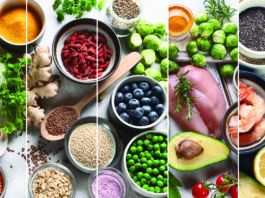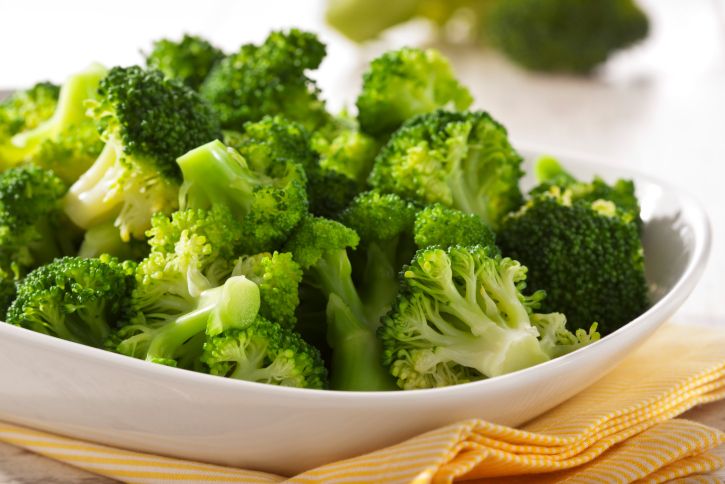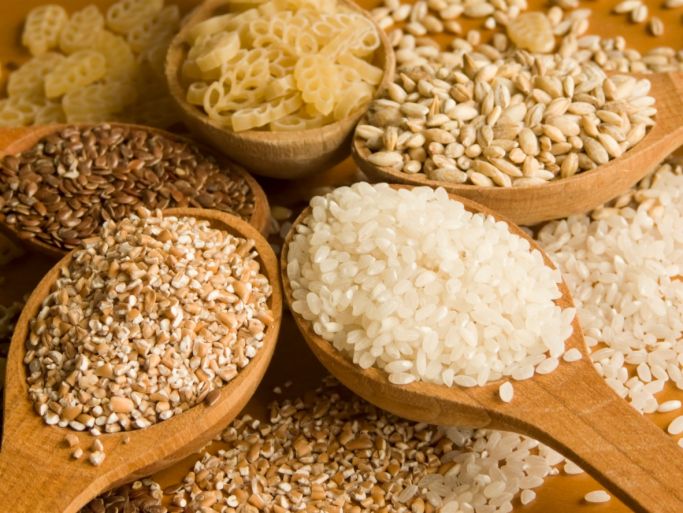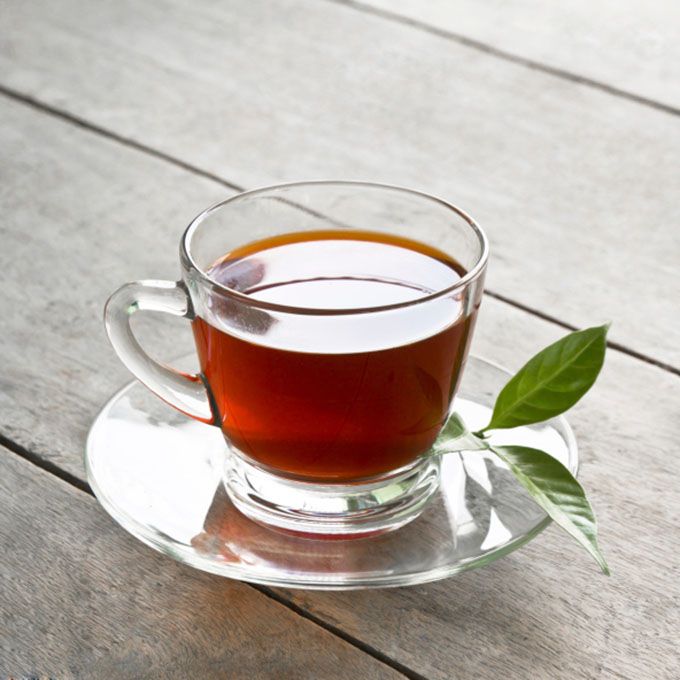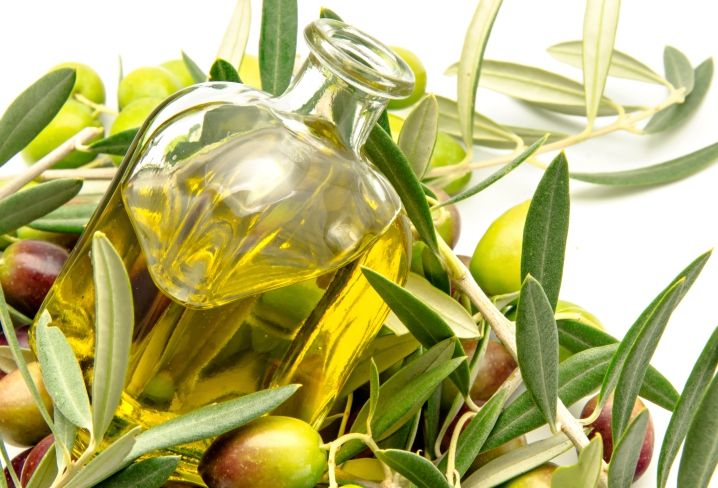What Nutrition Info Should Appear on the Front of Food Packages You Buy?
Identifying healthy food should be as simple as buying an energy-efficient appliance
Wake-Up Call
Start the New Year right by resolving to start your day with a healthy breakfast. Its not an exaggeration at all to call breakfast the most important meal of the day, says Helen M. Rasmussen
Broccoli Benefits Best Obtained from Veggies, Not Pills
Eat your broccoli-because you cant get the same health benefits from pills
Tufts Unveils New MyPlate for Older Adults
Just as the federal government updated its food pyramid with the new MyPlate
Whole Grains Could Lower Your Risk of Colorectal Cancer
Add a possible reduction in the risk of colorectal cancer to the wide-ranging health benefits of whole grains
Its a Bird, Its a Plane, Its… Broccoli!
A new super broccoli might help protect your heart by combating unhealthy cholesterol
More Evidence Lutein and Zeaxanthin Good for Your Eyes
Consuming foods such as dark green leafy vegetables rich in lutein and zeaxanthin may
No More Meat Mysteries
New nutrition labeling for meat and poultry puts facts at your fingertips.How many calories are in that chicken breast? How much saturated fat does
Drinking Black Tea May Lower Blood Pressure
Maybe the English are onto something with their fondness for tea. A new Australian study reports
Mediterranean Diet May Protect Brains Small Blood Vessels
Heres more evidence that eating like a Mediterranean may be good for your brain




























